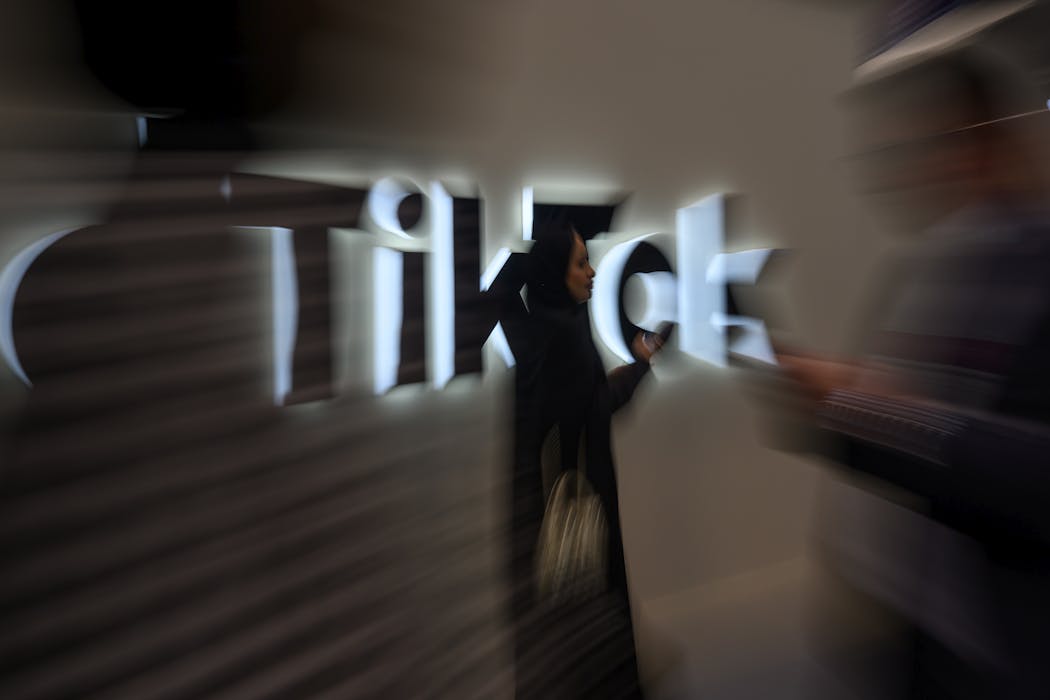From ski jumps and sliding bobsleds to engineering snow, here are 5 essential reads on the science of the Winter Olympics
- Written by Mary Magnuson, Associate Science Editor, The Conversation
 The 2026 Winter Olympics will be held in Milan and Cortina d'Ampezzo, Italy.AP Photo/Hassan Ammar
The 2026 Winter Olympics will be held in Milan and Cortina d'Ampezzo, Italy.AP Photo/Hassan AmmarThousands of the world’s best athletes will flock to Milan and Cortina d’Ampezzo in Italy in February 2026 for the 25th Winter Olympics. While sports fans are focused on the athletic feats of the Olympians, science enthusiasts can also have...









